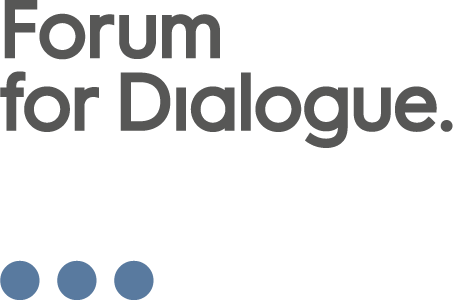My first encounter with Jewish-related topics was completely unexpected. As a high school student, along with a group of my classmates I was asked by our history teacher to participate in the commemoration events on the 60th anniversary of the liquidation of Litzmannstadt Ghetto. At the time, back in 2004, this was the first time the ceremony was organized on such a large scale, becoming a milestone in preserving the memory of Łódź ghetto. I saw hundreds of people from both Poland and abroad, who had come to pay their tribute to the people who had perished – the people that I never really talked about to anyone. All of this, coupled with subsequent history lessons, made me realize that I had spent my childhood in the area left after the ghetto completely unaware of it. Discovering the history of a third of my city’s population who had almost disappeared posed a personal challenge of learning about my local history.
As an archeologist and a museum professional, a few years ago I had fate send me 70 kilometers away from Łódź to the Museum of the Former German Kulmhof Death Camp in Chełmno on Ner. Direct experience of this site of memory and active involvement in its preservation had a fundamental impact on my professional activity. Although I am currently working for the Municipal Museum in Łódź, I still have a very emotional connection to Kulmhof, a site that everyone should visit at least once – to remember, but also to try and change the world we live in today.




